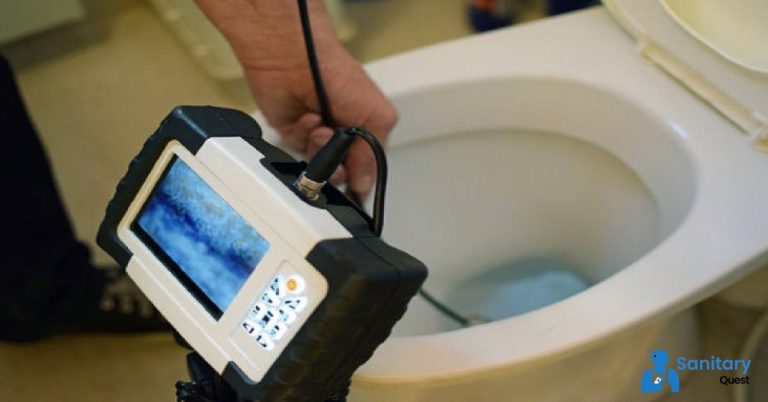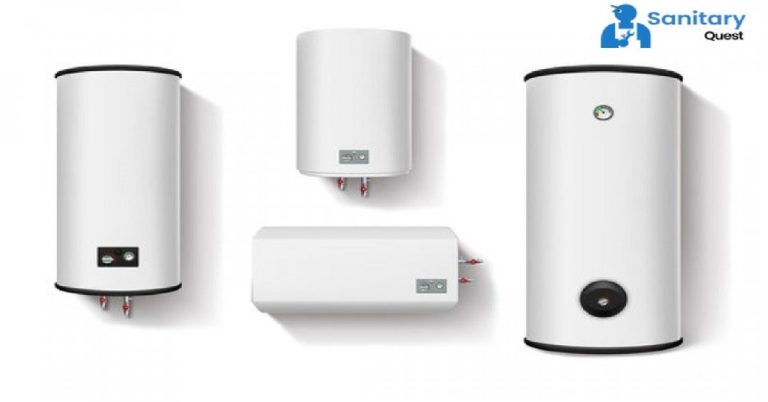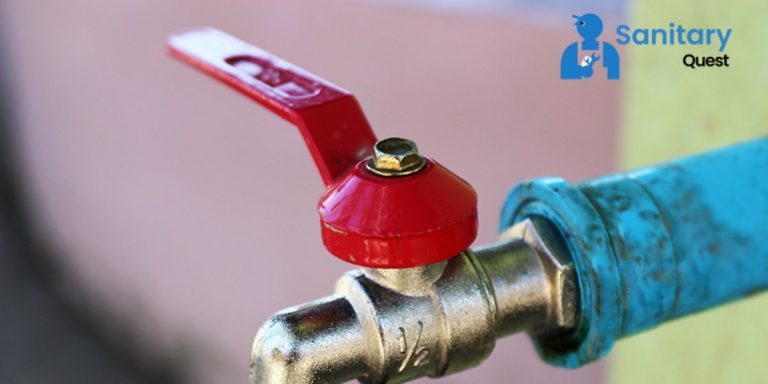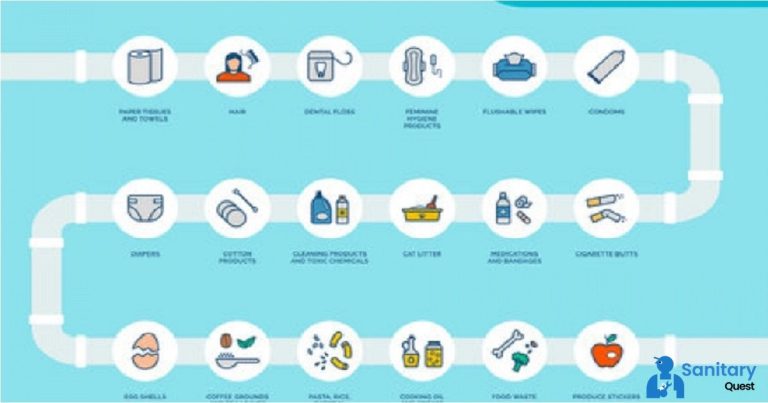What’s That Smell in My Kitchen?
Trying to get rid of that foul smell that permeates through your kitchen? Have you attempted to get rid of it by mopping and making sure that you take the garbage out on time every single day, but the stench remains? The problem probably lies with the sink in your kitchen.
The area around the sink in your kitchen sees a lot of action. It’s where you rinse your dishes, wash your hands, and prepare your dinner, among other things. All of this activity can cause a buildup of garbage and filth in the drain of the sink if the sink is not functioning properly. This may allow foul scents to escape, resulting in a stench that is disagreeable throughout the entire kitchen.
To make matters even worse, food and grease can begin to rot within the pipes of your kitchen sink if they become stuck there. This has the potential to quickly turn into a breeding ground for germs, which can also produce offensive odors. If the objects that go down your drain aren’t handled promptly, they might generate odors in your home regardless of whether or not you have trash disposal.
It is time to bring in an expert if you are having problems getting rid of an unpleasant odor in your kitchen. Sanitary Quest has a team of highly trained professionals who can quickly figure out what’s wrong and offer a solution.
If you suspect that the smelly aromas coming from your house are coming from the kitchen sink, read on to learn the possible origins of the smells and the steps you can take to clean the sink and get rid of the smell.
Grease in Kitchen Drain
Unpleasant odors may often be traced back to the kitchen sink because of the presence of grease, which is one of the most common causes in this regard. If you use these substances to clean your dishes regularly, grease and oil may build up in the drain of your kitchen sink. This collection has the potential to begin to decompose with time, which will result in a disagreeable odor. If you have a habit of dumping cooking fat or vegetable oil down the drain of your sink daily, you might potentially run into the same problem as other people.
For you to resolve this issue, you need to clean out the drain that is located on your sink. To do this, first, pour one cup of baking soda down the drain, and then immediately thereafter, pour one cup of vinegar down the drain when the baking soda has had a chance to work its magic. After 10 minutes, you should flush this mixture with hot water to get rid of any leftover debris.
Dirty Garbage Disposal
If you have trash disposal, you must pay close attention to the items that you put into it to avoid clogging it. If you do not pay attention to the items that you put into it, it is likely to become clogged. It is a widespread misconception that just because someone possesses trash disposal, they are free to flush anything else down the drain whenever they choose to do so. This is not the case. On the other hand, there is a possibility that the blades of the food processor may become clogged with items such as bones, grease, oil, and fat. If you pour grease down your trash disposal, it may cause the grease to harden and form an obstruction, which will cause your garbage disposal to get clogged. Every one of these objects will eventually decompose and emit an odor that is disagreeable at some point in the future.
This issue with your garbage disposal is worse if:
- You have an old garbage disposal.
- You use your garbage disposal frequently.
- You run hot water with your garbage disposal.
- You do not run hot water with it.
Get a cup of salt and two cups of ice cubes and use them together to clean your trash disposal and get rid of any unpleasant odors. Turn on the faucets leading to the cold water and the waste disposal for approximately twenty seconds each. After that, sprinkle the salt and ice over it. Allow it to continue running until the ice cubes are no longer visible. When you cut ice while standing in cold water, the crud on the blades will be more easily removed.
Put the rinds of citrus fruits like oranges, grapefruits, and lemons down the garbage disposal to eliminate odors. Your garbage disposal will benefit from the natural deodorizing properties of these. In addition to that, you might apply a couple of drops of vinegar and lemon juice.
Trap Problems
Does the scent coming from your kitchen sink remind you more of a sewer than spoiled food? If you answered yes, you could have an issue with traps. A p-trap is a portion of pipe that is bent and located under your sink. Its purpose is to prevent sewage gases and odors from entering your home down the drain.
A drain’s P-trap is designed to hold water, forming a seal that prevents sewer gasses from entering your home through the drain. This seal may be formed because the P-trap is intended to store water. On the other hand, if your P-trap does not have enough water, the seal will be broken and sewage gases will be released. If the sink hasn’t been used for a significant amount of time, the water may have evaporated. If you believe this to be the case, you should run some water down the sink so that the P-trap may be refilled. While you are doing this, make sure there are no leaks in the trap.
It’s also possible that the P-trap in your sink is blocked with debris. To resolve this issue, remove the p-trap from its housing and thoroughly clean it. You will need a cleaning product and a toothbrush to accomplish this. Because the P-trap is so fragile, you need to be very careful not to break it. After you are finished, you should replace the P-trap and then run some water to see if the odor is still present. If the issue is not resolved, you will either need to give us a call or completely replace the P-trap.
Clogged Vent
If the problem isn’t caused by your P-trap, debris may be blocking the drain vent in your home’s plumbing system. The vents are the points through which your primary sewage system is linked to the outside world. They let air enter the drain system so that the pressure can be kept at a steady level and water can continue to flow down the drain. This keeps the drains functioning properly and prevents clogs. A suction can be created if the vents are obstructed, which will result in water being forced out of the traps and will allow sewage gases to enter your home. This occurs when the vents are obstructed in some way.
Because plumbing vents are frequently put on roofs, it is easy for these vents to become clogged by things like bird nests or other debris. This is because plumbing vents are typically situated on rooftops. If there is a break in the vent’s shaft, then it is also possible for sewage gases to leak into your home. This may happen when there is a hole in the vent. Give us a call if you have any reason to suspect that the vents in your plumbing are obstructed or leaking, and we will inspect for you at no additional cost. Due to the inherent hazards involved, repairing roof vents is a job that is best left to skilled personnel who have the proper safety equipment.
FAQs
Q1: What might be causing the unusual odor in my kitchen?
There are lots of things that can make your kitchen smell funny. Food remnants trapped in hard-to-reach areas or within appliances can be a common cause. Spills, spoiled food, or even forgotten items in the refrigerator can emit unpleasant smells
Q2: How can I eliminate an unpleasant odor in my kitchen?
To get rid of a bad smell in your kitchen, start by locating the source. Check for any spoiled or leftover food, clean out your refrigerator, and ensure there are no spills or debris in hidden spots. Clean surfaces, especially areas near the stove, sink, and trash can. Baking soda or vinegar can be used to neutralize odors.
Q3: What’s causing the tangy odor in my kitchen?
The tangy smell in your kitchen might be due to several reasons. Leftover food, especially dairy or acidic items, can sometimes emit a sour or tangy odor as they begin to spoil. Check areas around your refrigerator, inside it, and beneath it as well.
Q4: What might be causing the plastic-like odor in my kitchen?
A plastic-like odor in your kitchen could stem from various sources. It might be due to overheating plastic items, such as containers or utensils, left on the stove or near hot surfaces. Sometimes, certain appliances, especially newer ones, might emit a slight plastic smell during initial use.


![How to Prevent Mold Growth in Your Bathroom DIY Tips Sanitary Quest How to Prevent Mold Growth in Your Bathroom? [DIY Tips]](https://sanitaryquest.com/wp-content/uploads/2023/01/How-to-Prevent-Mold-Growth-in-Your-Bathroom-DIY-Tips-768x402.jpg)




